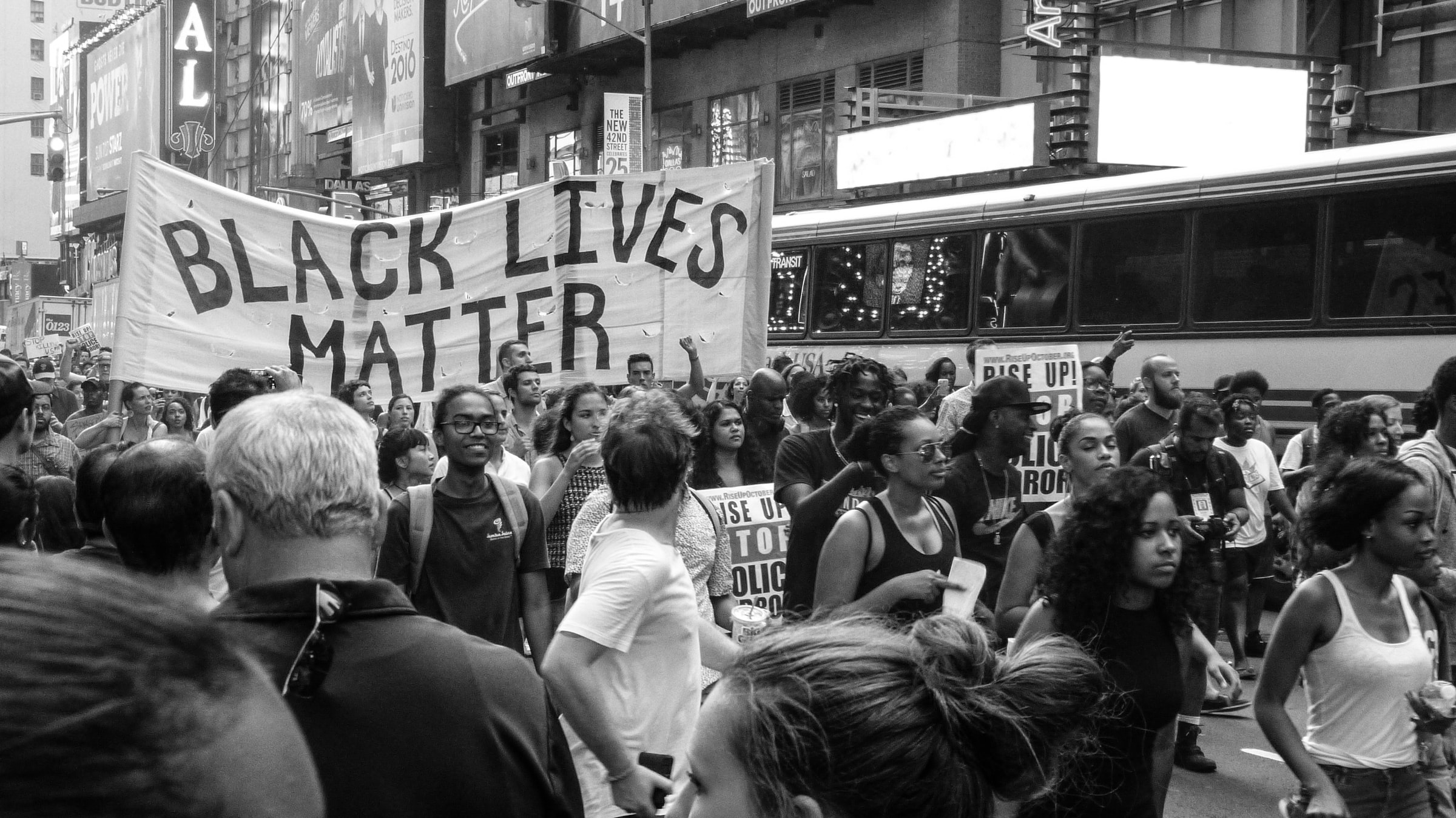Stir crazy and relentlessly ready to reopen the economy, a multitude of mostly white Americans are storming state capitals in an outrage at the injustices that they are facing with shelter at home orders.
It is a privilege and a right they have chosen to exercise. The movement that so many can get behind because of the importance of haircuts, nail appointments and enjoying perfect patio weather.
A privilege that Black people are exploring, albeit in different ways. On Chicago’s South Side, Black residents held their own form of lockdown protests with house parties, and were threatened with arrests and jail time from Chicago Mayor Lori Lightfoot.
Interesting that unruly protesters in full militia gear calling for governors to reopen their states are spotlighted in the media for their actions, while party goers are badgered for having a good time.
Others have chosen to remain inside and attempt to adapt their lifestyles to accommodate for these same orders. From virtual Zoom happy hours with friends, learning a creative new skill, or tackling boredom by staying active outside – adapting to the new normal is necessary.
What has not changed in the midst of this global pandemic is the juxtaposition for the value of black lives in America.
An outcry for justice is being fueled due to one name taking over the news cycles, Ahmaud Arbery. His death is a reminder of a fundamental issue in America that doesn’t disappear, even in the midst of a global pandemic. The real injustice is that black people continue to possess an ignored disadvantage in their safety due to systemic racism.
As a Black woman in America, I find it interesting when others shoot down my claims of racism. After explaining my personal experiences, people respond one of two ways: offer sympathy or state that I’ve made my point.
Lack of actual representation of Black people for so long stemmed from the tired tropes that have been perpetuated in American culture. An unspoken fear of all black people exists in different manners. Black women are seen as the “angry Black woman,” while Black men are targeted as “aggressive thugs.”
Ask any Black person about their first negative encounter with the N-word and you’ll receive specific details of the moment. The same goes for their first experience with racism among their peers.
I vividly recall the day on the playground in 1994, the tender age of 7 years old, at Janie Stark Elementary in Farmers Branch, Texas, when two of my classmates told me that I couldn’t play with them. They were acting out scenes from “The Adventures of Mary-Kate and Ashley,” each taking on a role as one of the young detectives out to solve a case. The reason I couldn’t play along was Mary Kate and Ashley Olsen were white and my skin was too dark to play either twin. I stopped watching all of the Olsen twin TV shows or movies.
The fear of black bodies requires special circumstances to avoid racial biases in the time of COVID-19, while negating the reasons for wearing a mask. With a disproportionate number of Black people at higher risk for COVID-19, the liberties of escaping for the shelter in place restrictions should not come with fear.
Everyone is seeking their own outlets to escape the long days spent in the house, but in the case of Botham Jean, Breonna Taylor, and Arbery — Black bodies aren’t safe inside or out.
The lack of safety for Black people forces us to face yet another disturbing sensationalization of the pain that comes with watching the death of another black person. We are faced with trauma porn–the concept that “refers to a fascination with the traumatic images of suffering by audiences that is not necessarily genuine.
It’s not about empathy or genuine consideration. It’s much more fetishistic.” Black people face the realization that they are not safe anywhere, there is no reason to relive the suffering of another losing their life.
Black people are facing yet another name to add to the list of injustices. At a time where openly protesting is a danger in itself, Danielle K. Kilgo, an associate professor at Indiana University, states that “”protests identify legitimate grievances in society, and often tackle issues that affect people who lack the power to address them through other means.”
Our protests may be peaceful, but almost always deemed unnecessary. While white counterparts tote guns, yell, and challenge the legal force for simply enforcing mandates within the state’s rights.
Leave denial and privilege out of the conversation.
Allies who stand up for the Black people in their lives, need not ask if they’ve seen yet another traumatic video of a Black body being slain. They need to watch it and feel the outrage.
They need to imagine it being the Black friend they typically send that content to. They need to stand up and speak out against the legitimate injustices that are faced by Black people every day.
Most importantly, they need to demand justice for Ahmaud Arbery. They must support his family and the Black community as they confront yet another senseless killing that demands justice.
Black people deserve the right to jog, spend time outside, and be protected by a face mask without the constant fear for their safety.


